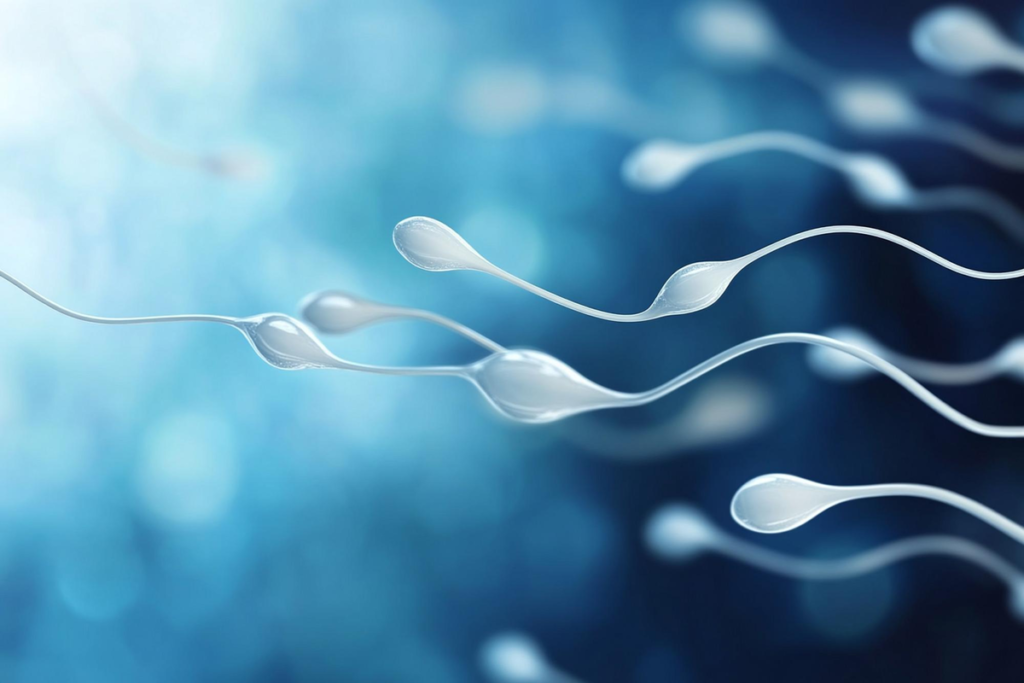Male Infertility Treatment in Kuwait for Personalized Fertility Care

Male Infertility
Male Infertility Treatment in Kuwait
Male infertility is identified as the inability to achieve pregnancy after one year of regular, unprotected intercourse. Studies show that nearly half of all infertility cases are linked to male factors. At our Male Infertility Clinic in Kuwait, we provide advanced diagnostic and treatment solutions designed to address every underlying cause.
Common Causes of Male Infertility
Male infertility can result from several medical, genetic, and lifestyle factors, including:
- Low sperm count, poor motility, or abnormal sperm morphology
- Azoospermia (absence of sperm in the ejaculate)
- Testicular conditions such as varicocele, infections, or injury
- Hormonal imbalances affecting testosterone, FSH, or LH levels
- Genetic conditions impacting sperm development
- Lifestyle factors such as smoking, obesity, stress, or chemical exposure
Male Infertility Diagnosis in Kuwait
Comprehensive diagnosis is essential for personalized care. Our clinic offers complete male fertility testing, including:
1. Semen Analysis
To evaluate sperm count, motility, morphology, and overall sperm quality.
2. Hormonal Evaluation
Testing testosterone, FSH, LH, and prolactin levels to detect disorders affecting sperm production.
3. Testicular Ultrasound
Used to identify varicocele, structural issues, blockages, or testicular infections.
4. Genetic Testing
Helps detect chromosomal abnormalities or hereditary conditions that contribute to infertility.
5. Sperm DNA Fragmentation Test
To assess the integrity of sperm DNA and identify hidden fertility problems.
These diagnostic tools ensure accurate assessment and guide your treatment plan with the support of a Male Fertility Specialist in Kuwait.
Treatment at Dar Al-Baraa:
Our male infertility treatment in Kuwait is tailored to each patient’s unique condition and may include:
-
Medical and Hormonal Therapy: To stimulate sperm production or treat infections
-
Varicocele Surgery: Correcting varicocele to improve testicular function
-
Sperm Retrieval Procedures: Including PESA, TESA, and Micro-TESE for men with azoospermia
-
Intrauterine Insemination (IUI): Inserting processed sperm directly into the uterus
-
In Vitro Fertilization (IVF) and Intracytoplasmic Sperm Injection (ICSI): Laboratory fertilization and single-sperm injection techniques for severe male infertility
-
Sperm Cryopreservation: Preserving sperm for future fertility treatments
Our laboratory services, including advanced genetic testing and DNA analysis, complement these treatments to maximize success rates.
Why Choose Dar Al-Baraa for Male Infertility Care?
-
Personalized treatment plans guided by experienced male fertility specialists in Kuwait
-
State-of-the-art laboratory and diagnostic facilities
-
Comprehensive care covering both medical and surgical infertility solutions
-
Support for hereditary disease detection, hormonal imbalances, and fertility preservation
Schedule Your Consultation Today
If you are seeking expert male infertility treatment, Dar Al-Baraa Medical Center offers tailored solutions designed to help you achieve your dream of parenthood. Schedule a consultation with our male fertility specialists in Kuwait to discuss your condition, review diagnostic results, and create a personalized treatment plan.
Related Questions:
The price varies depending on the therapeutic course and the specific technique recommended by the IVF medical specialist for each individual case.
There are numerous factors that influence the success of In Vitro Fertilization (IVF). Among these factors, the most crucial is the woman’s history of attempting to conceive spontaneously for a consistent duration of two years. Furthermore, it is advisable that the woman’s age at the time of undergoing IVF should not surpass 43 years.
The success rate of IVF for women in their 20s and 30s is around 35% for the first attempt, and it increases with subsequent cycles up to approximately 55%. Many factors can influence the success rate of IVF, including the health of both partners.
